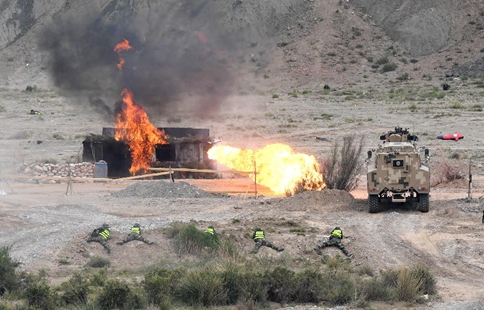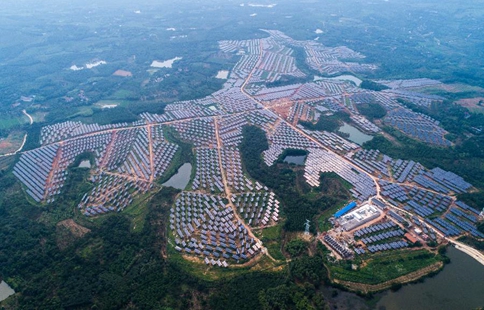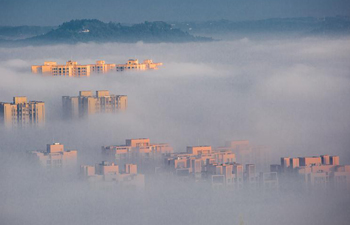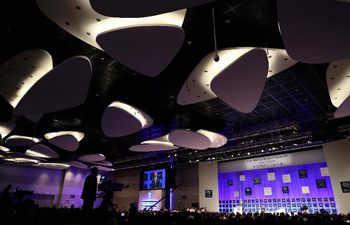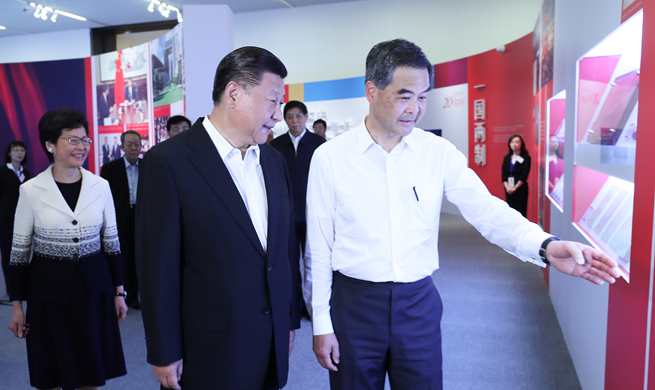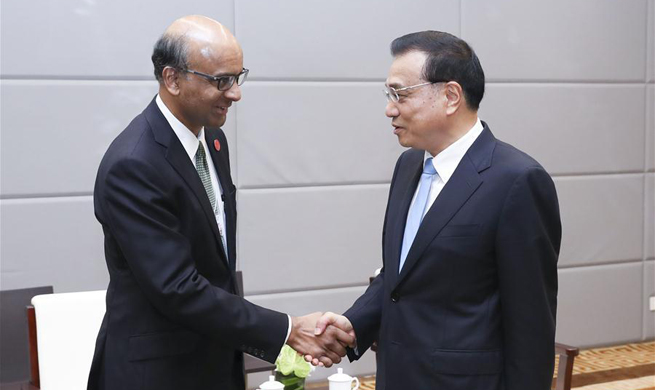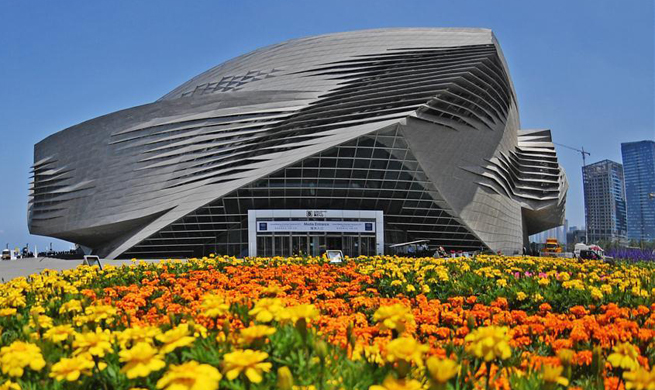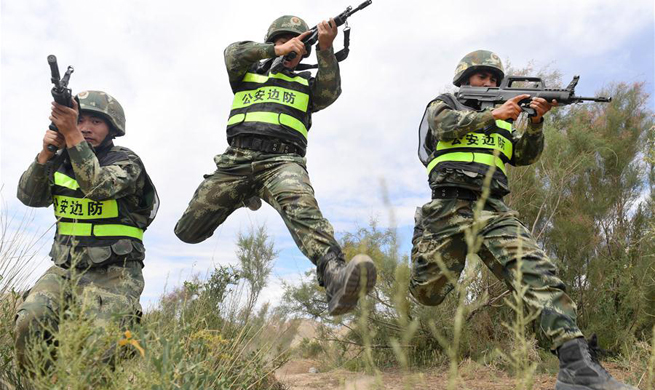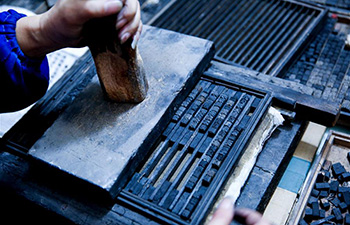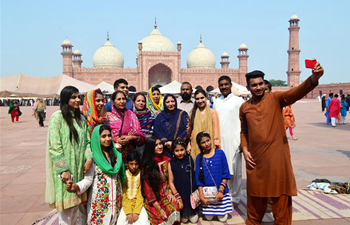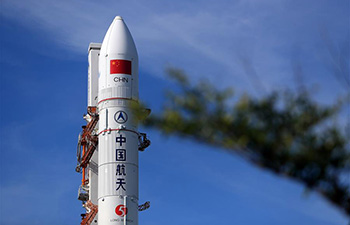KATHMANDU, June 27 (Xinhua) -- Kathmandu Metropolitan City (KMC), Nepal's capital and the oldest metropolitan city, started generating electricity from domestic waste from Tuesday.
As part of a pilot project, KMC generated 14 kilowatt electricity from 3 metric tons household waste produced within two wards of the capital from the electricity plant installed in Teku Waste Transfer Center.
This waste-to-energy program is a part of Integrated Sustainable Waste Management Project, which was launched in 2014 with the joint investment of 18.2 million Nepalese rupees (176,380 U.S. dollars) by KMC and European Union.
Addressing the inaugural ceremony, newly appointed Mayor of Kathmandu Metropolitan City Bidhya Sundar Shakya said that this project is the first step towards sustainable waste management of the capital.
"Through this waste management project, we have started generating electricity which will be utilized in the public spheres. This pilot project can be adopted in various municipalities across the country," the mayor said.
Initially, the electricity generated by waste will be used for street lights and operation of the KMC office.
The project has adopted consortium model in waste management where biodegradable and non-biodegradable waste are classified. Besides electricity from biodegradable waste, this model also generates organic fertilizer from the processing of remaining materials.
Basanta Acharya, information officer at KMC, told Xinhua that "from 3 metric tons of solid waste, we can produce 14 kilowatt power, 300 kilogram organic fertilizer, 96 kilogram of liquefied petroleum gas and 13,500 liters of treated water every day."
According to KMC, such project can be more effective in places with comparatively higher temperature like Nepal's southern belt known as Terai region.
"The project has been successfully tested in Kathmandu and now can be replicated in other parts. It will be perfect for small municipalities which produce around 3 metric tons waste every day in average," Acharya said.
Kathmandu produces nearly 500 tons of garbage every day out of which nearly 65 percent is organic waste.





